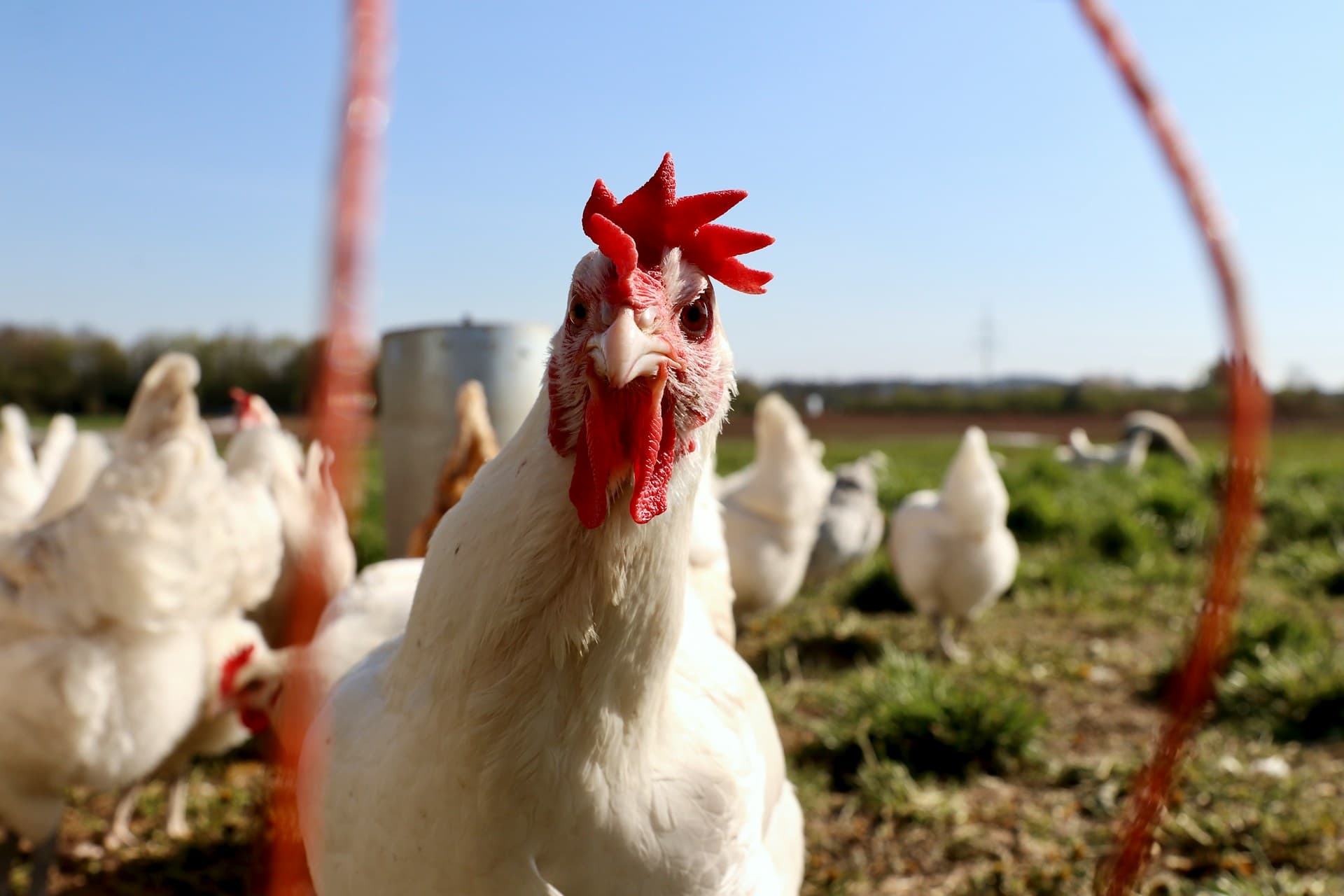Australia's poultry industry is buzzing with excitement - not from chickens themselves, but from the potential of black soldier fly (BSFL) larvae as a sustainable and locally-sourced feed alternative. Recent research from the University of Queensland has opened the door to using BSFL larvae, alongside canola meal and lupins, as a viable replacement for imported soy in the diets of the nation's layer hens. This shift could significantly reduce the carbon footprint of poultry production, currently burdened by the high-carbon footprint of imported soy.
The Challenge of Replacing Soy
However, replacing soy with BSL isn't simply a matter of swapping ingredients. Establishing a robust commercial BSFL production industry faces several challenges:
- Securing sufficient waste streams to feed the larvae
- Navigating biosecurity regulations
- Attracting investments
Despite these roadblocks, optimism remains high. Forecasts suggest the Australian BSFL industry could reach $10 million annually within five years, highlighting its potential economic impact.
Pioneering Steps in the Industry
The industry is already taking its first steps, with companies like Mobius Farms in South Australia leading the way. Mobius Farms harnesses the power of BSFL larvae to transform food waste into nutritious treats for backyard chickens, frogs, and lizards. Their flagship product, "Chick Stix," a dry roasted BSL larvae treat, has found eager customers among backyard chicken owners, suggesting a growing consumer interest in sustainably-produced insect-based pet food.
Consumer Attitudes and Market Potential
While broader consumer attitudes towards produce from animals fed insects remain unknown in Australia, the success of small-scale ventures like Mobius Farms offers a flicker of hope for the future. The positive response to Chick Stix demonstrates a potential market for BSFL-based feed beyond just niche products. However, overcoming regulatory hurdles and securing investments will be crucial for scaling up the industry and unlocking its full potential.
Collaborative Efforts for Knowledge Sharing
The Emerging Insect Technology Hub (EIT-Hub), a collaborative initiative between research institutions in Australia and Africa, aims to accelerate knowledge sharing and best practices in insect farming. By creating a digital manual for BSL production and processing, EIT-Hub can fill the global knowledge gap and provide vital resources for industry participants worldwide.
With continued research, collaboration, and a spirit of innovation, Australia's poultry industry can leverage the potential of BSFL to build a more sustainable and secure future, one insect larvae at a time.
